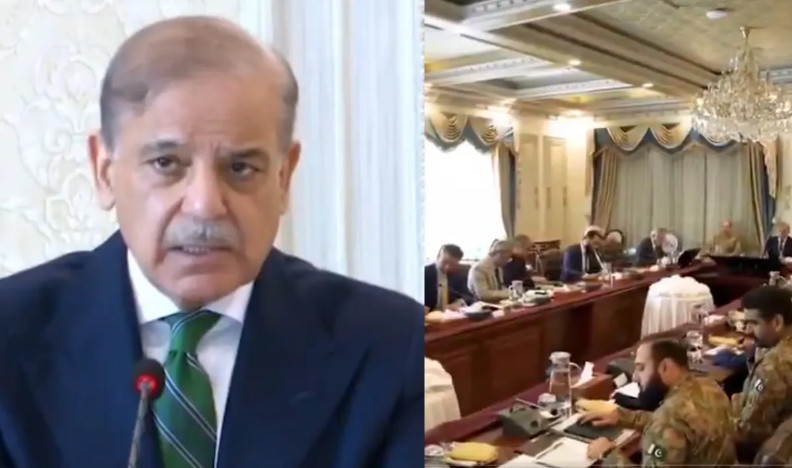New Delhi/Islamabad: Diplomatic and military tensions between India and Pakistan have intensified in the wake of the recent terrorist attack in Pahalgam, Jammu and Kashmir. Citing Pakistan’s alleged involvement, India has formally severed diplomatic ties with Islamabad and directed the Pakistani High Commission to vacate its premises within 72 hours.
In a significant escalation, India has also announced the suspension of the Indus Waters Treaty — a decades-old water-sharing agreement brokered by the World Bank. The Indian government’s move has drawn a sharp response from Pakistan, which called it a violation of international norms.
Press Release PM Office
Prime Minister of Pakistan Muhammad Shehbaz Sharif chaired a meeting of the National Security Committee (NSC), today. The participants discussed the national security environment and the regional situation, particularly in the wake of #Pahalgam attack in… pic.twitter.com/JuawHaOJom
— Islamabad Insider (@IslooInsider) April 24, 2025
Reacting to India’s decisions, Pakistan Prime Minister Muhammad Shehbaz Sharif convened an emergency meeting with key military and national security officials on Thursday. The Pakistan government has since cancelled military leaves and placed its armed forces on high alert. Orders have been issued to respond firmly if India initiates any military action.
Addressing a press conference, Prime Minister Sharif accused India of spreading misinformation regarding the Pahalgam incident and making unilateral decisions. He rejected India’s decision to suspend the Indus Waters Treaty, asserting that no clause permits such a move without mutual consent. “This is an internationally binding agreement facilitated by the World Bank. Suspending it amounts to an act of aggression,” Sharif stated.
Pakistan has also suspended all commercial flight operations to and from India. The Pakistani leadership has warned that any infringement on its sovereignty will be met with swift retaliation.
The unfolding developments have raised concerns of further destabilization in the region, with both nations stepping up surveillance and security preparedness amid fears of escalation.






